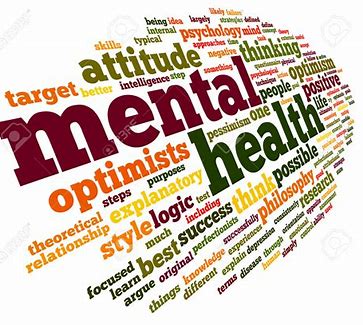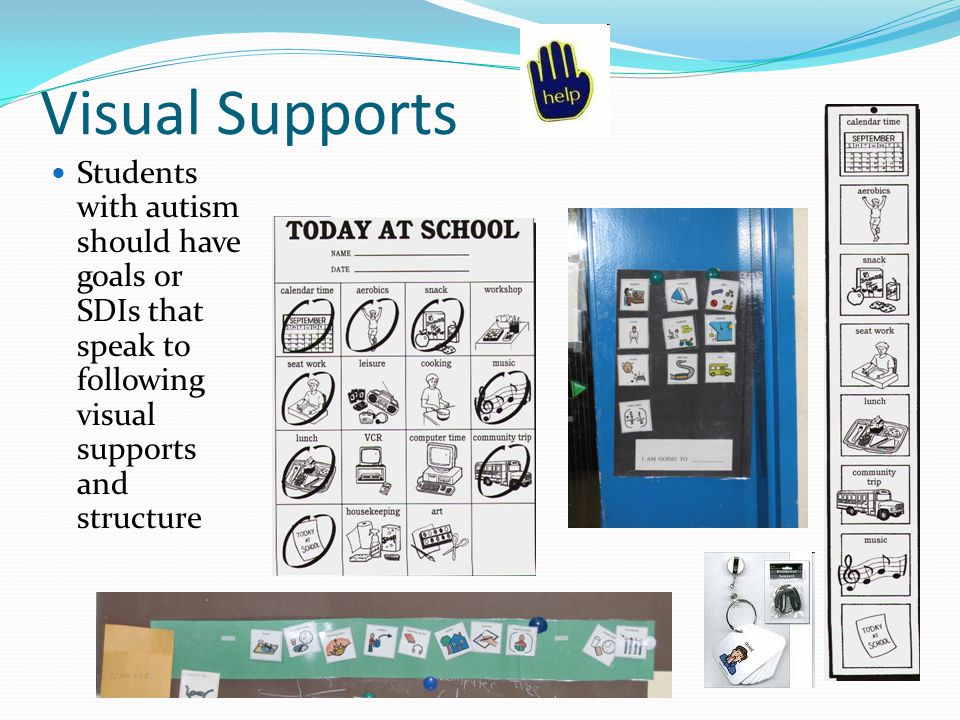An Overview of Veteran's Benefits / Special Needs Alliance; Retrieved online from – https://www.specialneedsalliance.org/the-voice/veterans-benefits//, says...
“As our nation commemorates Veterans Day, honoring and remembering those who have served and sacrificed, it is an appropriate time to consider the financial, medical, and other assistance available to veterans, their families and survivors.”
You might find this, and similar VA websites helpful to explore. There are VA Aid & Alliance benefits which can provide monies for veterans who need assistance with basic activities of living.
A VA pension also benefits dependents and survivors, with like compensation for minor children and adult children who became disabled before age 18 can be eligible for pension benefits.
< My Thoughts > "...disabled before age 18..."
Autism is a 'disorder' which classifies as a 'disability' when qualifying for 'benefits' in the insurance world.
The VA also has a program called CHAMPVA, which shares the cost of health care services and supplies with eligible beneficiaries. Spouses and minor children, and in some cases disabled adult children, are eligible for this benefit. Just so you know.
Thank you for your service, to all Veterans and their families.




 RSS Feed
RSS Feed